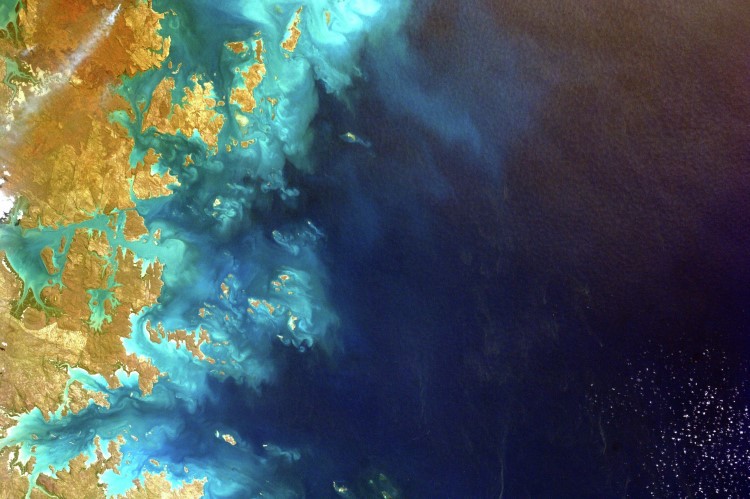The World Benchmarking Alliance’s Seafood Stewardship Index benchmarks the social and environmental performance of the 30 most influential (or keystone) seafood companies on their contribution to the SDGs. More precisely, the index uses publicly available information to measure company performance across four broad topics: governance & strategy, ecosystems, social responsibility and traceability.
Disclosure and transparency are essential elements to robust accountability and thus trust between companies and their stakeholders. This is why the index has integrated disclosure and transparency expectation across all of its 48 indicators. However, as we know, not all disclosures are created equal. For disclosure to be credible and robust, it must be science-based, verified and cover all operations, products and supply chains, not just a subset. This is a real challenge for companies, especially large ones that have numerous, complex and global supply chains. Indeed, the 2021 Seafood Stewardship Index showed that even though corporate transparency has been steadily increasing in the seafood sector, many gaps remain with regards to disclosure on the provenance of products and their associated impacts. The good news is that many solutions already exist and are being implemented in some parts of the sector. For example, traceability and data management software can help companies gather this information in a consistent and comprehensive manner. There are also many experts, precompetitive initiatives and civil society organisations that can support companies on this journey such as the Global Dialogue for Seafood Traceability (GDST), SeaBOS, GSI, Ocean Disclosure Project and FishWise to name a few.


